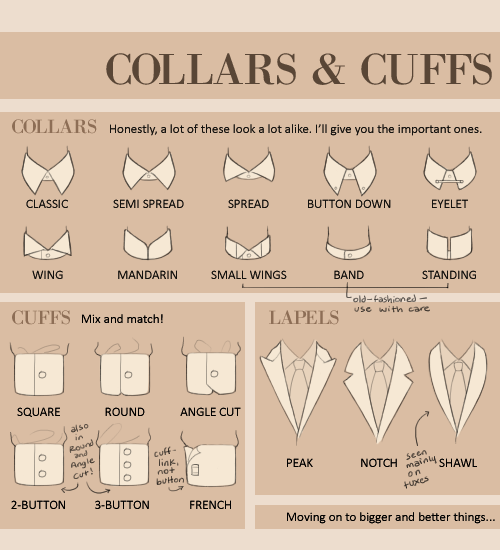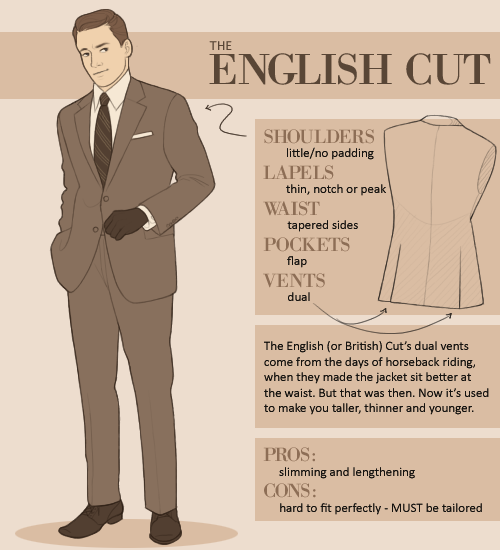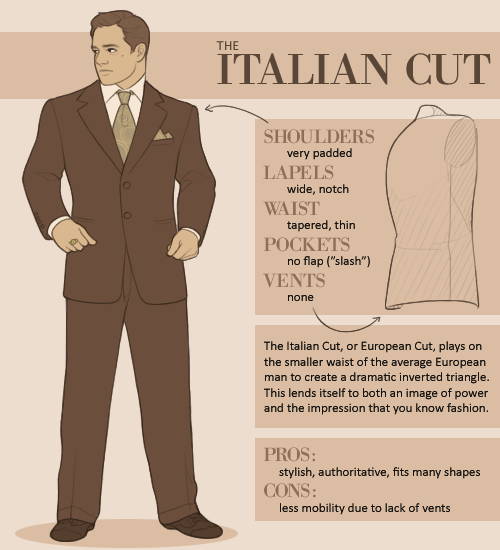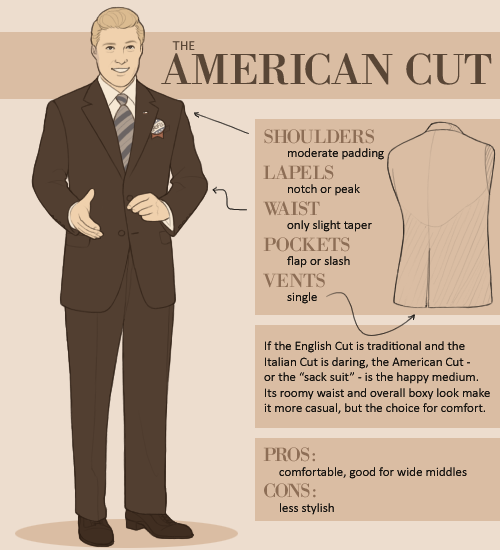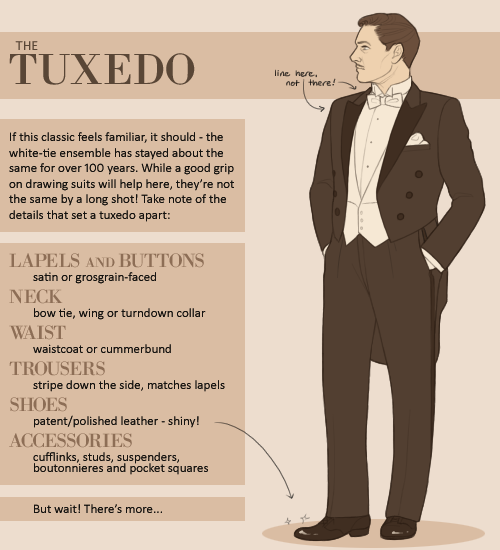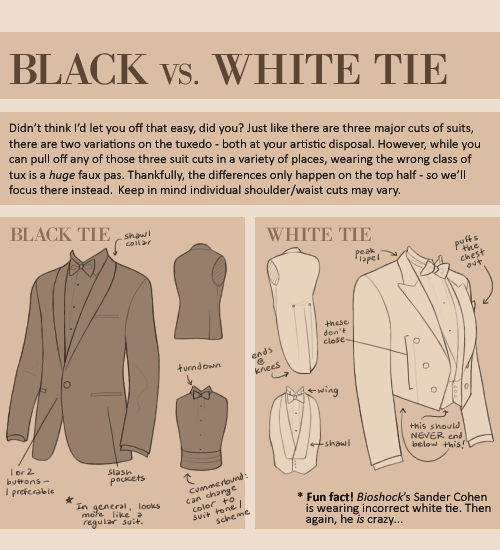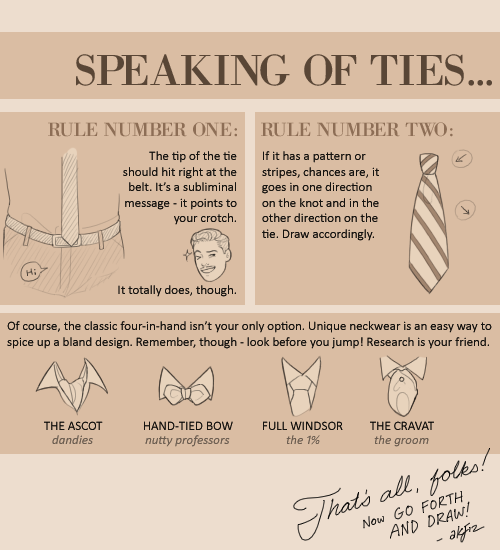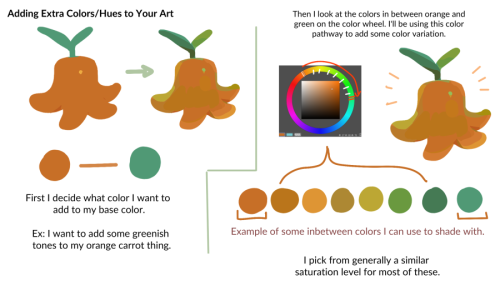Latest Posts by basket-of-references - Page 2
Digital Painting: tips for beginners
Heyo! I got asked if I could make a tutorial on digital painting so I’m gonna throw together some advice meant for people who are starting out and want to figure out exactly how this stuff all works. Because it’s hard! What I hope to accomplish here is to make painting more approachable for you.
Firstly, I have put together something like this before, so for archival purposes here it is: http://holy-quinity.tumblr.com/post/89594801811/i-dont-know-how-much-of-this-kind-of-thing-you
For those of you who don’t wanna bother reading that, here are the main points:
1. Learn your program and its tools, from brush properties to layer styles. And I mean learn them. Make a cheatsheet that shows you exactly what each button and scale does, both in isolation and in conjunction with other buttons and scales. Refer to this as much as possible until it is intuitive. The end goal is to know exactly what to do to your brush’s settings to achieve a given effect.
2. It’s perfectly okay to use your sketches, linearts, and other forms of line in your paintings. They can help guide the form and there’s no need to make something fully “lineless”! I never make things “lineless.”
3. Study other people’s art and try to think how they could have possibly achieved the effects they did. You can learn a lot just by observing and mentally recreating the process stroke by stroke—muscle memory is a powerful tool at your disposal. This becomes easier to do once you’ve started doing item 1 above.
OKAY!
So where the heck do you even begin?
What I’m gonna do is try to make digital painting as approachable as possible for someone who’s never really done it. The main idea here is that digital painting is just like real painting. So if you’ve ever done real painting, you already kinda know what’s coming.
I’m gonna assume you know the basics of digital art: you can sketch, line those sketches using layers and opacity changes, and fill the lines with color, maybe even opting to add some shading…and you’ll get something like this:

You know, cell-shaded, or maybe the shading’s blended, but you’ve still obviously a line drawing with color put down on layers beneath the lines.
The next intuitive step is to try going “lineless”…but when you remove the lines you get this:

idk about you but I’m laughing at how stupid this looks
When I was first teaching myself to paint digitally, I didn’t really know how to deal with this. Without lines, the form of the subject vanished or became a mess like the above. Even if I was meticulous and careful about placing down the color such that without the lines layer turned on, the shapes fit together, it didn’t look quite right. There’d be gaps, I wouldn’t know how to incorporate the subject into a background, the contrast wouldn’t be high enough, or it’d just in general look too much like a screenshot from Super Mario 64.
Painting requires a different process than the above. You’ll have to let go of some of your habits and conventions. Such as staying in the lines. Such as fully relying on the lines. Like, I love my lines, I love my sketches—but in painting, they are guides for form, and are not the form itself. So let me go through how I approach a given painting:

My painting process starts with a sketch (here a boring portrait for demonstrative purposes). I make the opacity of the sketch layer something like 30%, and then throw down my base colors on a new layer underneath. I’m not being meticulous about the sketch itself, because again it’s just meant to guide my placement of color. I’m also not meticulous about my placement of the color.
We’re essentially sketching with color. Because ultimately what we want is for the color to take on the form and shapes conveyed by the sketch.
There’s a lot going into this about how to use value, how to shade, how to use color, etc. that I’m kinda skipping over because it takes a lot of time to explain…but there are hundreds of tutorials out there on those topics so please, google around! I found some helpful tuts that way when I was starting out.
Something I find v useful is to keep selecting colors that already exist in your image for shading and hue adjustment. This is why I start with really blendy, low-opacity brushes when throwing down color on top of the background. I can then select colors within there that are a mix of the two.
For instance, I’ll select the color of the lines here:

…and use that to shade:

And maybe I’ll select one of the darker shades around his eye, but not the darkest, to make the shading a smoother gradient…and so on.
What I do in general at this point is go over the shapes and lines of the sketch. Such that I can turn off the sketch layer and see this:

I’m replacing the lines with shading and value. I’ll continue to do this as I keep adding color.

This is all super loose. I am not dedicated to any particular stroke. I just want the colors and shading and light source to be right. I’ll use overlay layers to boost contrast or add a hue.
Here are other examples where I used this process:


I am constantly changing brushes and brush settings as I paint. It really depends on what effect I want where. I am also constantly selecting new colors and applying or blending those in. I don’t believe in having some uniformly applied base color and then shading with only one or two…that’s what I’d do if I was cell-shading like the first drawing I showed you here, but painting should be about messing with color and opacity and blending to make millions of hues!
Good rule of thumb: Hard, opaque brushes for applying color. Soft, dilute brushes for blending colors. Sometimes hard, dilute brushes can make some cool blending effects! I personally prefer harder edges on my shading so that’s a brush I use often.
This is getting a bit long so I’m gonna split it up into multiple parts, but really what I want you to get from this is:
1. learn the tools at your disposal until they are intuitive
2. sketch and line are guides for form, not the form itself
3. rather, hue and value will produce the form
And of course, practice makes perfect!!! Every drawing you make, every painting you make, will bring you one step closer to the artist you want to be, and thus every drawing and every painting, no matter what, is a success.
Attention anyone who needs hairstyle references
I want to introduce all of you to this amazing place called the ukhairdressers style gallery.
It’s basically a massive database full of high-quality images of different hairstyles. I mean, look at all the options in that sidebar (and part of it’s cut off):

In total they have 976 pages of hairstyles with about 17 styles each, that’s about 16592 hairstyles to look at.
Look at all the stuff they’ve got! Long hair:

Short hair:

Straight hair:

Curly hair:

Afro hair:

Men’s hair:

Hair on older models:

Extra-fancy hair:

Even crazy avant-garde hair:

So if you need help with designing a character or you just want to practice drawing hair, this is a fantastic resource.
Art-Res Start Here
Help me keep Art-Res running for years to come!
> buy me a coffee / patreon
> art commissions @astrikos )
> book 1:1 tutoring/question session
> Buy the Art-Res Anatomy Ebook!
> Link Tree
Sharing this blog w/your homies also helps a ton!
Start here!
Join our community - networking + discord invite!
Art Book Recommendations
anatomy masterpost
perspective masterpost
Resources to help you master color theory & color theory primer
Beginner’s Guide to Digital Art
Beginner’s guide to traditional art
Ultimate guide to photography for beginners
How to find and develop artistic style
Surefire Ways to Defeat Artist’s Block and Writer’s Block
How to create a free portfolio and blog site
Learn How to Market Your Art the Right Way
A Collection of Great iOS Apps for Artists
Community Tested Social Networking Tips for Artists
Artist Utilities
Idea Generator
Visual Reference Boards
Random Color Palettes
Free Habit Tracker Printable
Note, I working to remove Amazon Affiliates and will not add new links to them until I see substantial change in the way big companies like them treat their workers.
Recent Posts / More Useful Links
Art-Res Website / Personal Art Blog / Instagram / Facebook
Inqueries Please feel free to contact me via email for business inqueries. Open to guest writing, collaborations, sponsorship/advertisements.
If life is a never ending loop of dirty dishes and laundry then that means life is a never ending loop of home cooked meals and comfy clean clothes
received a few asks about how i draw tf characters and so finally i sat down and started scratching out some notes :))
i'll add more later on if more people are interested and when i have some time,, but i hope these are somewhat informative ?? of at least my own thought processes when it comes to drawing the robot guys





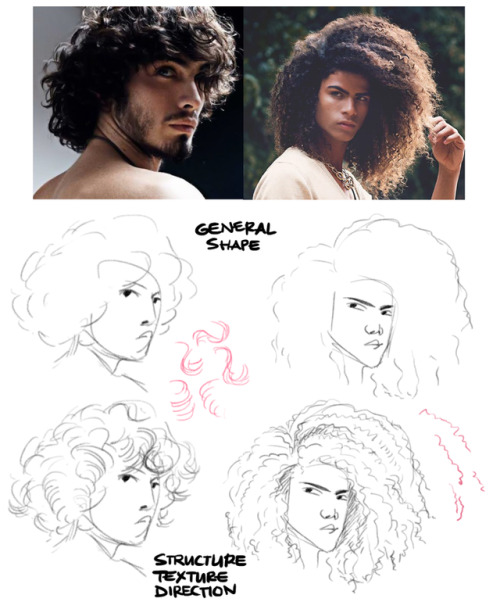
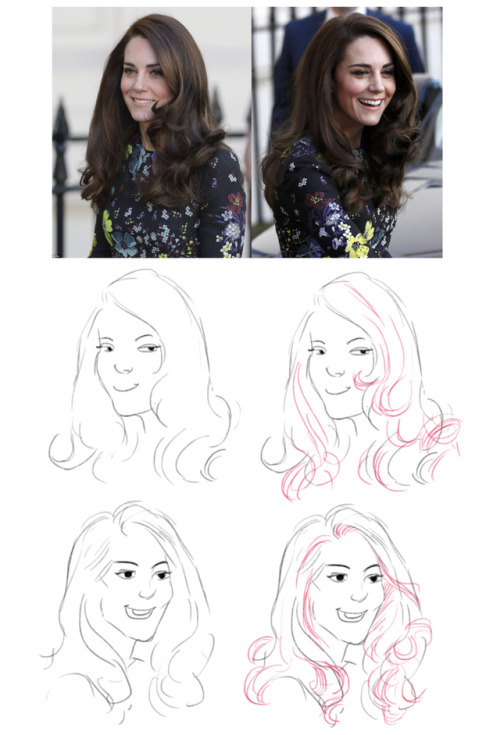
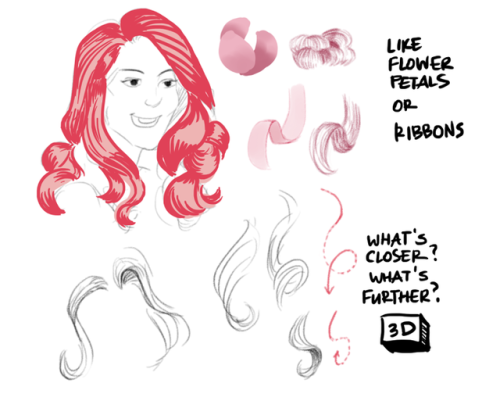
Thank you! :D I’m glad my tutorials are helpful ^^ Maybe this will help you with hair details and stuff like that (don’t overdo detail stuff though.) Basically, it’s nothing new xD

Well it being black history month is reminding me how I wanted to doodle something like this down for a while. Since it’s been a lil detail I always take notice of in drawings. These are very simple depictions but I hope it’s enough to give the general idea! Feel free to reblog










hey these are some tips for some of the little details in drawing fat folks that some people might not know!
everyone has fat on their bodies so its a worthwhile skill to have, but most art tutorials leave it out. heres some other good tips from artists!!




did you know moa (the hatoful boyfriend creator) has a blog page solely for references of hands?
well now you do, and here it is!




Here's my "lazy" foliage tutorial! 🍀 (I say "lazy" in quotes as I consider this method a shortcut, but still requires some effort for the drawing to look nice)
Gif version of the process:

Thanks for reading!
Main art blog/ Consider tipping me on Ko-fi if you've found this useful!
Write fanfic for yourself.
Publish fanfic for the rotation of 3-6 people who are devoted readers and will either go feral or leave you very nice words and yell with you about it.
![[1] Color Zones Of The Face [Tried To Find Source, I Think It’s Here ]](https://64.media.tumblr.com/82181df6330fcb3655a2e40c6c43287a/tumblr_or5nykhGCu1sm0kjdo1_500.png)
![[1] Color Zones Of The Face [Tried To Find Source, I Think It’s Here ]](https://64.media.tumblr.com/1703500f3e1292e370eda4d4cb761252/tumblr_or5nykhGCu1sm0kjdo2_1280.jpg)
[1] Color Zones of the Face [Tried to find source, I think it’s here ]
[2] Navate’s Skin Chart Supplement – the actual tutorials are: Section I: Skin Basics & Section II: Skin tones
Two brilliant skin tutorials. Do not use flat colors for skin! Underpainting is important for realistic, vivid skin. Remember, underneath your skin is fat, muscles, red blood, blue veins, bones.
Consider reblogging this to support the original artist. I recommend following them as well!
More Helpful links: Ask a Question/Request a Tut | Submit a Tutorial | Promote Your Art Commissions to +18.3 K Dashes | Stay Updated on DeviantArt! | Visit me @astrikos







following my meme post the other day, and talking to friends further on the subject of fat characters in art, especially in fandom, i figured some people might like a tutorial on how to draw them.
What would your advice for just-starting-out young authors be?
I love new writers! I’ve never known a better way to escape my reality and live a thousand different lives.
I started writing when I was young, maybe 12 or 13 years old. I am now 25, and very much consider myself to be a child, but still, in my 10+ years of personal writing and classes, here are some of the best tips I can give anyone who is new to writing, regardless of age.
Read. Read. Read. Then read some more. The easiest and fastest way to learn how to write is by reading and studying how other people have written their stories. Study their balance of dialogue vs description vs action. Study the words they use and what they’re choosing to describe. Study the scenes that make you feel something, or pull you to the story even more, and dissect it until you understand how to do it.
Daydream. At night, in the morning, before and after school, during school, during work. When people are trying to talk to you, just daydream. Image worlds with populated moons. Imagine worlds with multiple human-like species all living in the same area. Image a boy who goes home and cries to his adoptive family parents, and girls who practices knife throwing every night to prepare for the apocalypse that no one sees coming. Dream of everything and anything because that’s how you keep and improve your creativity. Eventually you may even write something with it.
Write for yourself. Always start by writing what you enjoy, and love your characters and your stories. Everything about your first draft should be because you love the story, not what other people like. You will never please everyone, so start with yourself, and build a community with the ones who love your story as much as you do.
Do it on your own timeline. If you want to write a book in a month, edit the next and publish right after, do it. If you want to write the first five chapters of 8 books without finishing, do it. If, like me, you want to write your first novel at 18 years old, and 7 years later still not feel ready to publish, that’s ok! You are not falling behind anyone else, you are exactly where you should be on your own path.
Practice. Your writing will improve with practice, that’s how it works, it’s how it always works. No way to skip right to publishing a first draft and becoming famous for it. Practice and just keep writing, you will improve.
Challenge yourself. While you may love fantasy or romance, or maybe all your story ideas are too big for only one book and they all end up being series’, you need to try new things. Write a mystery short story. Write poetry on how you feel. Write one page on how you could survive a zombie apocalypse as long as you have your coffee in the morning, it doesn’t matter, just try new things. Trying new things is how I wrote this haiku: Take a deep inhale, Breathe fresh air into my lungs, I savorfreedom. Is it the greatest haiku ever? No, but it makes me happy, and reminds me that I can write, good or bad, and still be proud of myself.
Keep all your projects. Good or bad. Look back on them years later and think, yeah that was terrible, at least I’m better now. Or maybe think, this wasn’t as bad as I thought it was. It’s a progressive journey. You can take your time. DONT EVER SHAME YOUR YOUNGER SELF FOR THEIR WORK. THEY TRIED THEIR HARDEST AND WROTE AS BEST THEY COULD. WE ARE PROUD OF OURSELVES, NOT EMBARRASSED OR SHAMED. Whether the work is from years ago or days go. Be kind to yourself, no one else owes you that.
Compare. Compare to popular novels, compare to your friends stories or to people online. Compare and see if your character are developed enough, or if your story makes sense, or if it’s relatable. When comparing however, keep in mind that your written style will be different than all others writers. Your first novel will not be the same as an author’s 10th book that just went viral on TikTok. It takes practice and time. Compare for style, technique, structure and plot. Not for popularity, worth, importance, and don’t feel down thinking that someone writing at a higher grade level makes them better, it doesn’t.
Share your work. If you are embarrassed, use a pen name. That’s perfectly fine. Put your work out there and get feedback. Having one person saying your story is (negative criticism here) is going to happen, don’t freak out. It doesn’t mean your story is flawed and should be tossed. If most people are saying that, then maybe it’s time to revisit the story and plot. Getting feedback from people reading your story is important, you want to ask specific questions so you don’t get generic answers. Get real reviews from real people, the mean voice in your head doesn’t get a say.
Learn the difference between perfect and done. I know, I know. Perfectionists around the world just scoffed and thought ‘I would if I could’. Here’s the thing, it’ll never be perfect. A word won’t be right, you can’t find the right way to convey an emotion, your choice of vocabulary isn’t up to your standards, I get it. You want your work to be absolute perfection so that everyone loves it and no one can say a bad thing about it, but it doesn’t work that way. Instead make it to ‘complete’, then nitpick some details, then it’s done. Done is good, it’s where you want to be.
Self-publishing? Pay for a professional editor and a graphic designer. It makes a difference, I promise.
There’s lots of others, but I would say as a writer-starter-pack, these should get you started, then you will learn lessons all on your own, or find them as you’re writing later on. Truly, just have fun, and the rest will come with time.
Happy Writing!
Willow
Some of my writer’s block cures:
Handwrite. (If you already are, write in a different coloured pen.)
Write outside or at a different location.
Read.
Look up some writing prompts.
Take a break. Do something different. Comeback to it later.
Write something else. (A different WIP, a poem, a quick short story, etc.)
Find inspiring writing music playlists on YouTube. (Themed music, POV playlists, ambient music, etc.)
Do some character or story prompts/questions to get a better idea of who or what you’re writing.
Word sprints. Set a timer and write as much as you can. Not a lot of time to overthink things.
Set your own goals and deadlines.
Write another scene from your WIP. (You don’t have to write in order.) Write a scene you want to write, or the ending. (You can change it or scrap it if it doesn’t fit into your story later.)
Write a scene for your WIP that you will never post/add to your story. A prologue, a different P.O.V., how your characters would react in a situation that’s not in your story, a flashback, etc.
Write down a bunch of ideas. Things that could happen, thing that will never happen, good things, bad things.
Change the weather (in the story of course.)
Feel free to add your own.
btw with art when people say 'youve got to do it scared' 'youve got to draw bad' 'youre not gonna know how to do it until you do it' it sounds like bullshit but its true. 90% of art is just getting over the fear that it's not going to be good enough to deserve to be made in the first place. but you're here. you're alive and, with no need to justify that, you're going to make art. it's just part of being alive. you'll spend so long worrying you aren't doing it good enough that you'll look back and realized you didn't live a single day of it.
art cheats
hello i am here today to not lose track of the art cheats i have discovered over the years. what i call art cheat is actually a cool filter/coloring style/way to shade/etc. that singlehandedly makes art like 20 times better
80’s anime style
glitch effect
glow effects
adding colors to grayscale paintings
foreshortening ( coil )
foreshortening ( perspective )
clipping group (lines)
clipping group (colors)
dramatic lighting ( GOOD )
shading metal
lighting faces
that is all for today, do stay tuned as i am always hunting for cool shit like this
if ur ever feeling bad about your art just remember your twelve year old self would think it was soooo cool
Holt shit your art is amazing, whered you learn to do backgrounds? Any tips?
Thanks! I just love how Kaye_bin and Vasili Zorin draw backgrounds. Wish one day I'll do something like them and will understand colors as they do. In almost all artworks recently posted, I just tried to draw as many details as I can in a sketch or line work stages. Then prayed to all Gods it will work in a color stage and used a lot adjustment layers :D Right now I am trying to change this workflow and do a little color sketch before start to work with lines. I think all next artwork will be done this way, I'll try to save some steps or timelapse. These are some quick studies I did from games, artists, photos, just to make myself used to draw color sketch first.

Then I tried to use this pipeline on some fast doodles, like this one:


And right now I wanna try to draw something bigger and detailed with this method. Will see how it goes :3






I find monthly art challenges exhausting, but also love a little structured kick in the ass, so for the past month and a half I've been setting weekly challenges for myself. First one: fill a sketchbook page a day with quick poses off Pose Maniacs.
It's a redux of my first figure drawing class exercise as a teen: get from the top of the head to the heel of the foot in the allotted time. All the poses above were 10-30 seconds. Never hurts to get back to basics every so often~
(Although, in that first class, the professor made us go outside and grab twigs that we had to dip in ink to draw with, so we wouldn't get precious about our line work. I'm not THAT ascetic this time around, lol.)
Art Help

I redid this list because broken links 💀
General Tips
Stretch your fingers and hands
Art is for fun
Never too late to start/improve
Using a tablet
Editing software: pictures & video
Moodboard resources
Comic pacing
Watercolor
Coloring
Color Theory (not children's hospital)
Resources: coloring things a different color
Gold
Dark Skin undertones
Dark Skin in pastel art
POC Blush tones
Eyes colors
Human Anatomy
POSE REFERENCES
Wizard Battle poses
Shoulders
Tips for practicing anatomy
Proportional Limbs
Skeletons
Hair Directions
Afro, 4C hair
Clothing
Long skirts
Traditional Chinese Hanfu (clothing reference)
CLOTHING REFERENCE
Sewing information
Animals
Horse -> Dragon
Snouts: dogs, cats, wolves, fox
Foot, paw, hoof
More
Drawing references sources
Art tutorial Masterlist
Another art tutorial Masterlist
Inspiration: father recreates son's art
Inspiration: Lights
ART BOOKS
Plants/flowers: North America, Hawaii, Patagonia

































